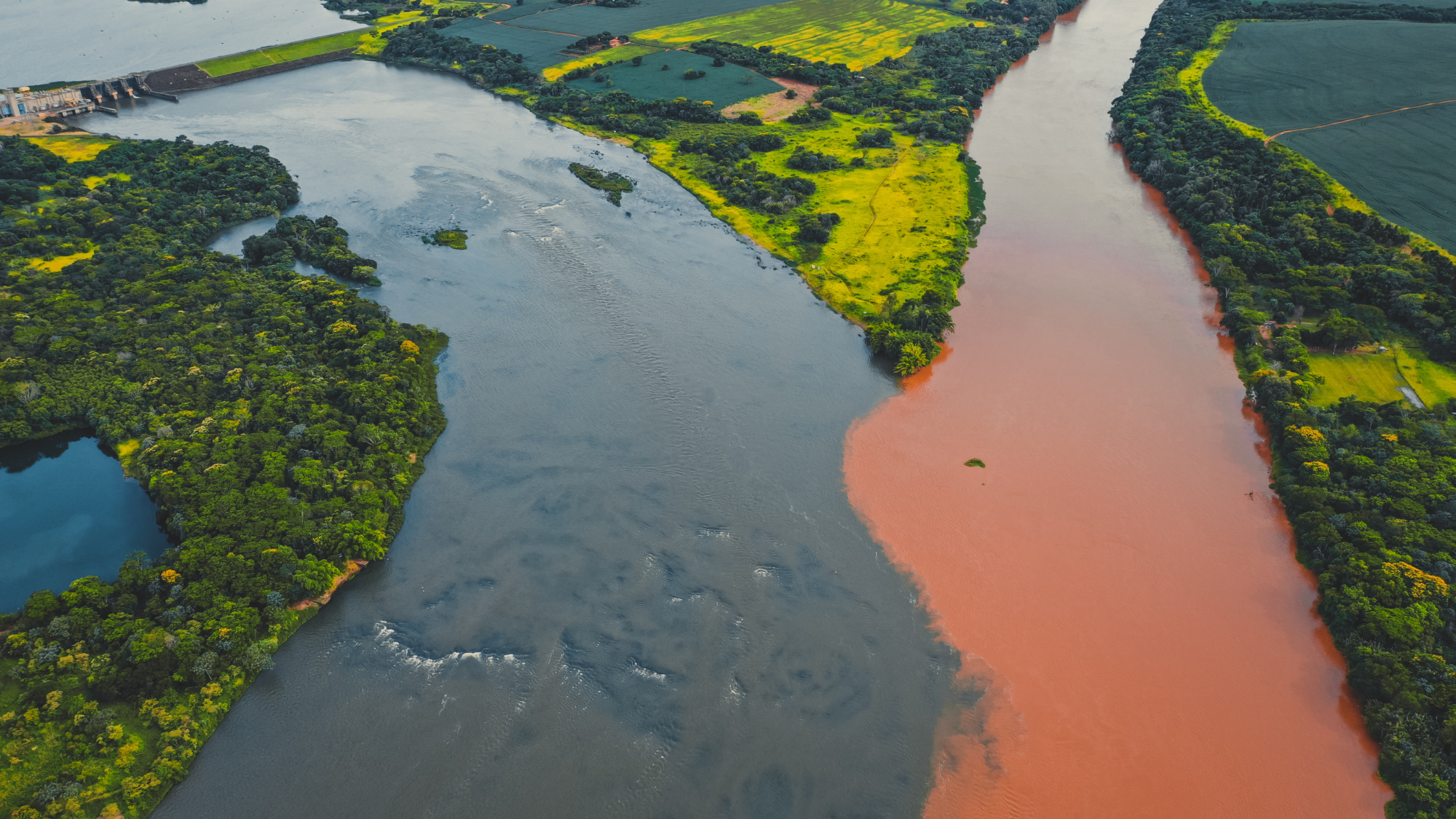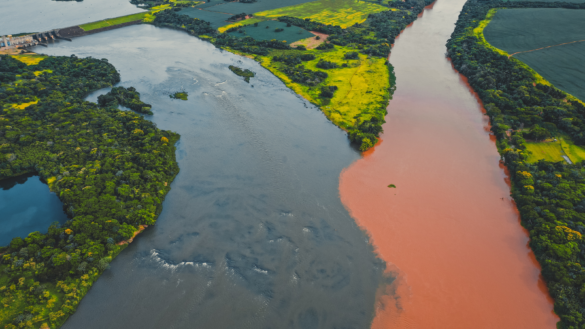Scotland has long been a global pioneer in climate justice. In 2012, it became the first government to commit dedicated funding to this agenda, recognising that those least responsible for climate change often suffer its worst impacts. Since then, Scotland has championed a rights-based approach to climate action – both at home and through its international partnerships.
In 2021, the Scottish Government adopted a revised programming approach, placing participatory and community-led action at the centre of its international climate justice efforts. At the heart of this is the Climate Just Communities (CJC) Programme, launched under the Climate Justice Fund to support inclusive, resilient communities in Malawi, Rwanda, and Zambia, with a £24 million commitment from 2023 to 2026.
A people-centred programme across three countries
The CJC programme places local ownership at its core. Through participatory assessments, joint planning, and inclusive governance, communities are empowered to lead on the issues that matter most to them.
In Rwanda, for instance, 65% of CJC activities have been embedded in district performance contracts, ensuring alignment with local government priorities. Community structures — from women’s groups to youth champions and cooperatives — play key roles in implementation and monitoring.
In Malawi, communities have led the design of interventions through decentralised committees and informal groups, such as irrigation clubs and beekeeping groups. The programme deliberately leverages existing local structures – including disaster risk management committees, natural resource groups, and school governance bodies – reinforcing capacity and ensuring sustainability. This grounding in community-driven decision-making is viewed as essential to long-term resilience.
In Zambia, community champions and traditional leaders are supporting transformative approaches, including Gender Action Learning Systems, to challenge social norms and promote inclusive decision-making.
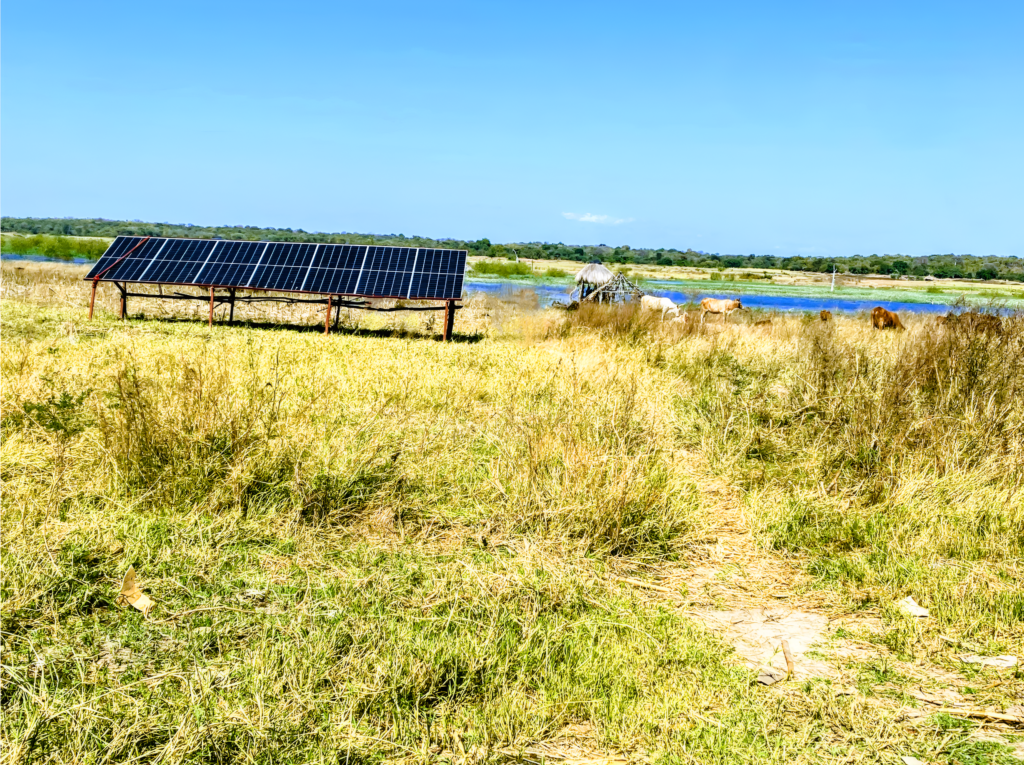
Inclusion at the core: Gender, disability, and intersectionality
One of the strongest pillars of the CJC programme is its integrated approach to gender equality, disability inclusion, and intersectionality. Climate justice cannot be achieved without intentionally including those who are most marginalised – including women, youth, the elderly, and people with disabilities.
In Malawi, the programme was designed to reach at least 60% women, 10% youth, and 5% persons with disabilities, with these quotas actively tracked and reported. Interventions also include disability-friendly infrastructure and targeted skills-building for young people.
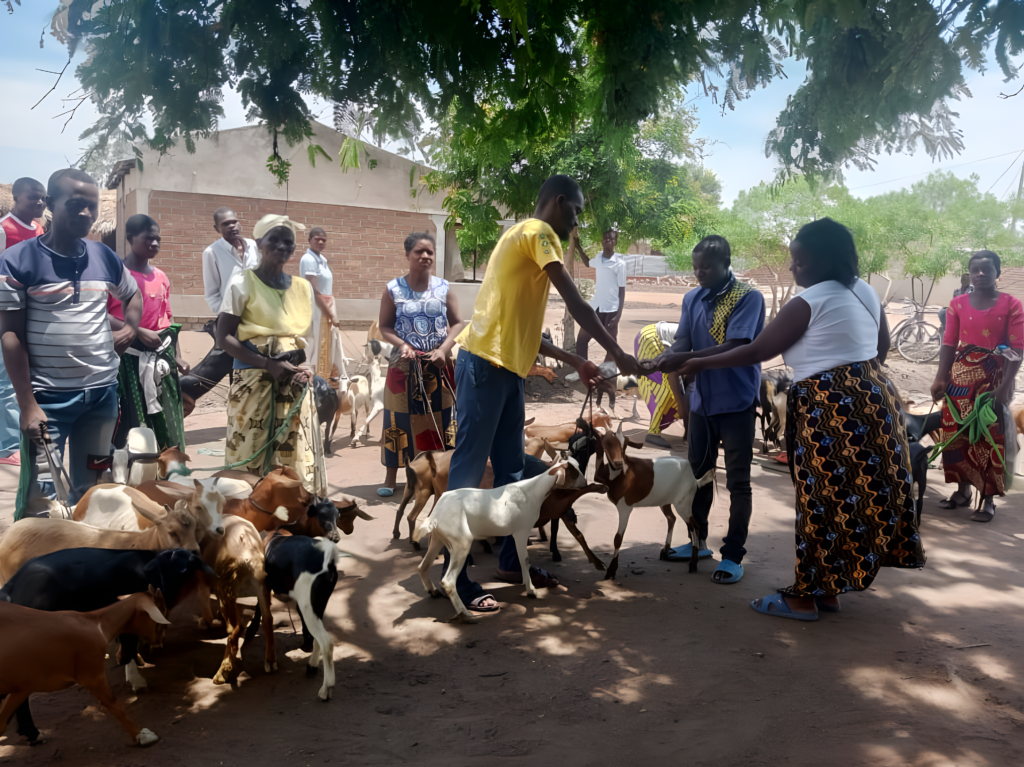
Strengthening governance for lasting change
In all three countries, delivery partners have worked through existing decentralised government structures, reinforcing their role in service delivery and participatory planning.
In Rwanda, community groups sit alongside district authorities on programme steering committees, ensuring bottom-up accountability. In Malawi, village and area development committees play central roles in planning, risk assessment, and information sharing, supported by government extension services. In Zambia, capacity building and advocacy initiatives have empowered community groups to plan and access resources such as the constituency development fund. Building systems and influencing decisions together.
These efforts help embed climate justice into public institutions — building the foundations for sustainability beyond the life of the programme.
Key lessons from Scotland’s support
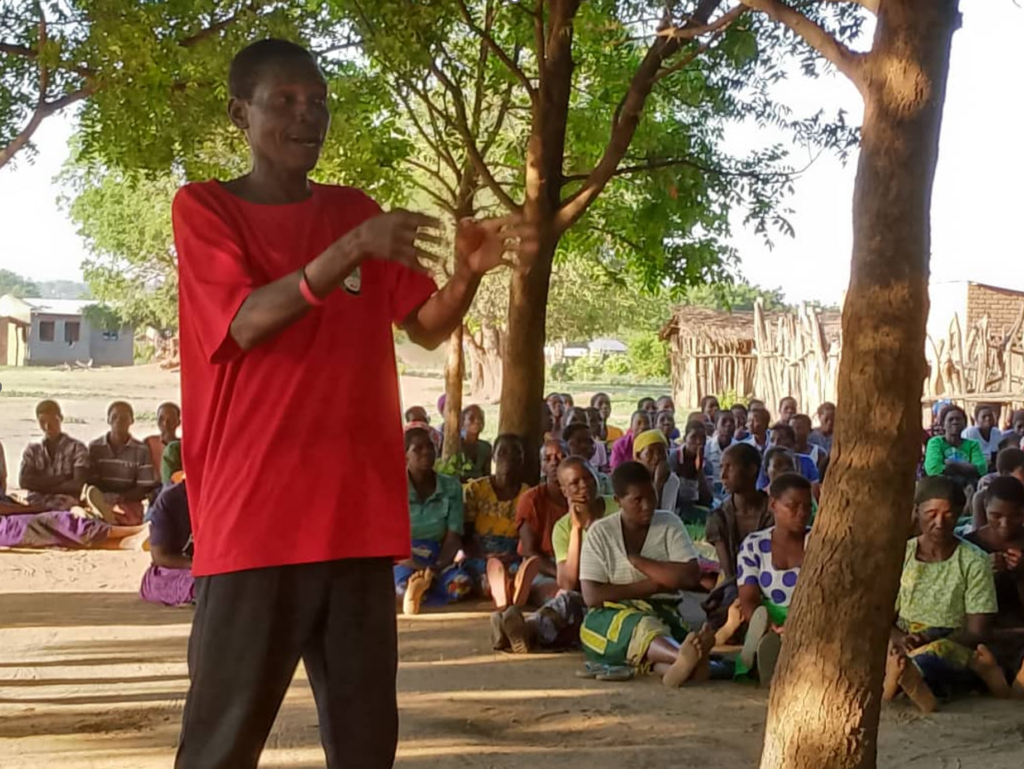
Through its support for CJC, Scotland is helping to shape a model of climate action that is just, inclusive, and locally led. Key takeaways include:
- Start with community leadership. Local participation must be embedded from the beginning and backed by investment in local capacity.
- Make inclusion meaningful. It’s more than numbers — it requires changing attitudes, systems, and practices that exclude.
- Empower for the future. Climate justice means ensuring communities are equipped to continue advocating for their priorities.
- Good governance matters. Real climate justice shifts power and strengthens the role of communities in shaping their own futures.
By placing justice at the centre of climate action, Scotland is helping to build a model for inclusive, systemic change. The Climate Just Communities programme not only supports those most affected by climate change — it ensures they are leading the way forward.
Watch our RegionsVoice Video:
About #RegionsVoice: In 2019, Regions4 launched the global campaign #RegionsVoice in a collective effort to bring the voice of regional governments to the major events and negotiation processes in sustainable development within the UN. The aim of the campaign is to ensure the visibility and wider recognition of the role of regional governments in sustainable development, by elevating both individual and collective messages and engaging with a wider audience during the UN Decade of Action.
